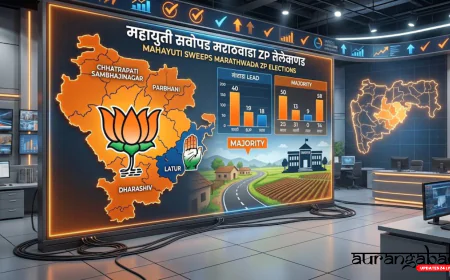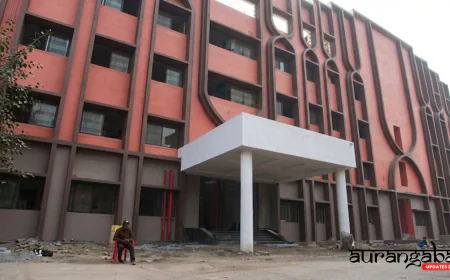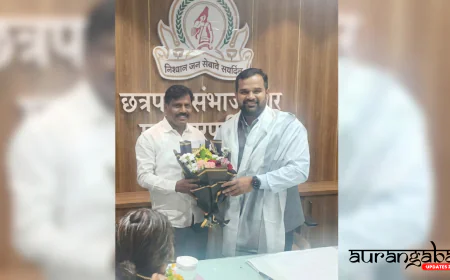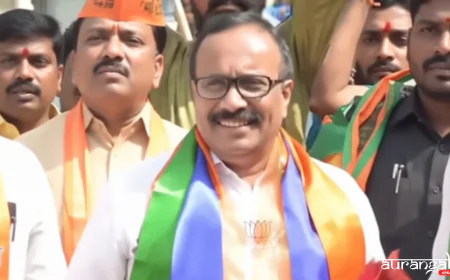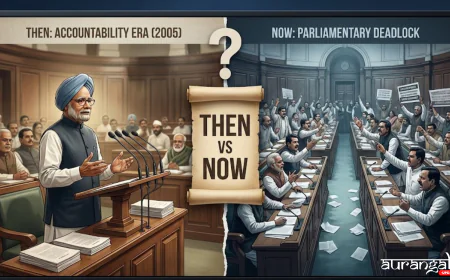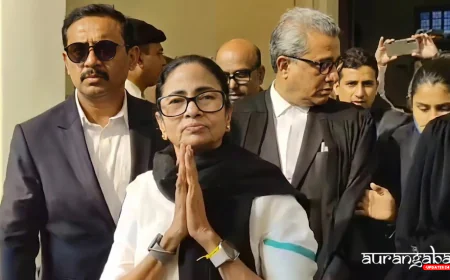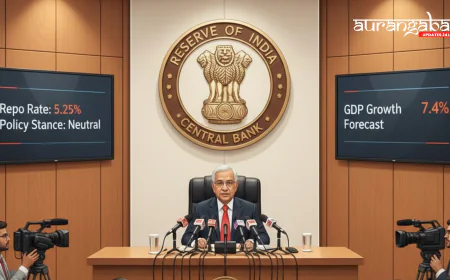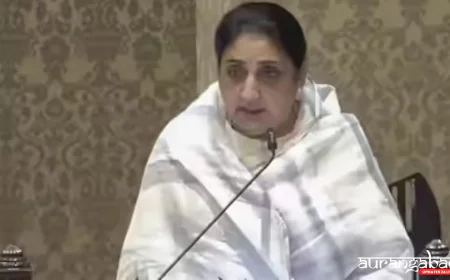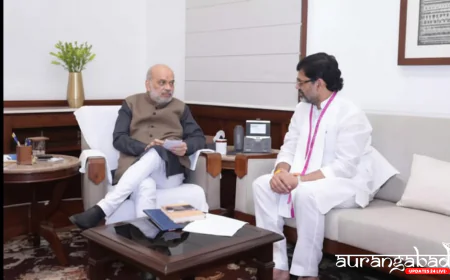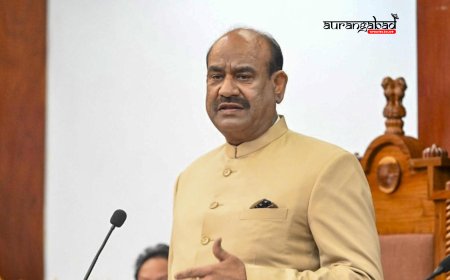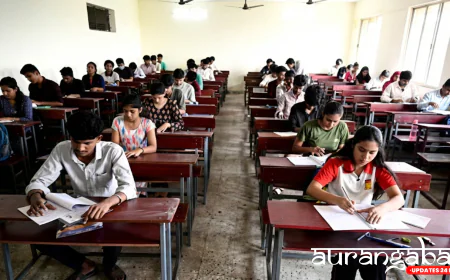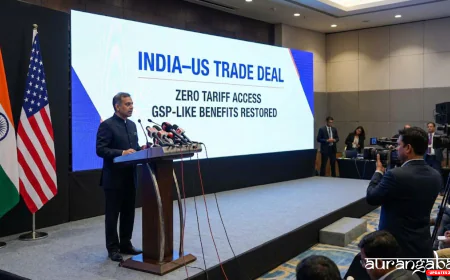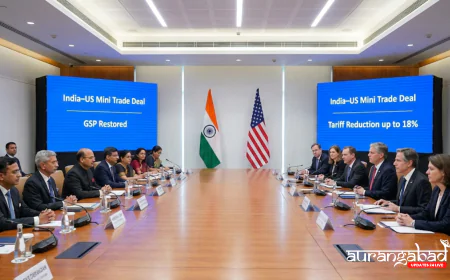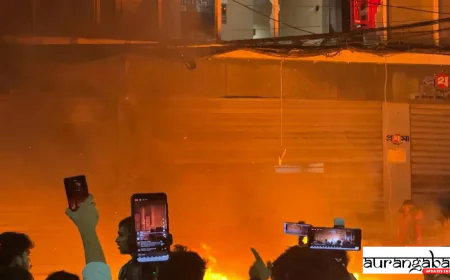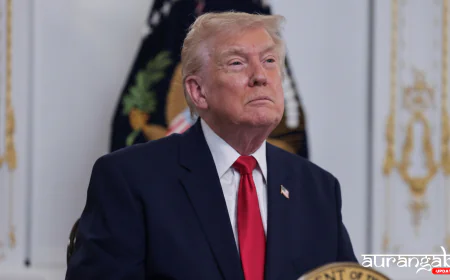Balochistan's Stance Against Honor Killings: CM Vows Prosecution After Viral Video
Balochistan Chief Minister Sarfraz Bugti vehemently condemned a viral video depicting a brutal "honor killing," vowing swift prosecution for the 14 individuals arrested. This article details the shocking incident, the ongoing investigation, and the broader context of honor killings in Pakistan, highlighting renewed calls for justice and accountability.

The issue of "honor killings" in Pakistan has once again been thrust into the national spotlight following the emergence of a disturbing video from Balochistan. The graphic footage, which circulated widely last month, depicts the cold-blooded shooting of a couple at close range in a desolate desert area, sparking outrage and drawing strong condemnation from political figures and human rights organizations alike. In response, Balochistan Chief Minister Sarfraz Bugti has taken a firm stance, publicly denouncing the heinous act and pledging rigorous prosecution against those involved.
A Gruesome Act and Swift Arrests
The viral video served as a stark and horrifying testament to the brutal reality of honor killings. According to Moazzam Jah Ansari, the provincial police chief, the shocking incident was perpetrated by the woman's own brother, allegedly acting on behalf of her family and tribe. Disturbingly, reports indicate that the execution was even sanctioned by tribal chief Sher Baz Satakzai. This revelation underscores the deeply entrenched nature of tribal customs that often circumvent formal legal processes and justify such barbaric acts in the name of "honor."
In the wake of the video's widespread circulation and the ensuing public outcry, authorities have acted swiftly, announcing the arrest of fourteen individuals connected to the case. While it remains unclear whether the woman's brother, identified as the primary shooter, is among those apprehended, the arrests signify a significant step towards accountability in a region where such crimes frequently go unpunished. The victims, a man and a woman, were both parents from previous marriages and were reportedly accused of engaging in an extramarital affair. Earlier unconfirmed reports had suggested their deaths might have stemmed from marrying without family consent, highlighting the various pretexts used to justify honor-based violence. As part of the ongoing investigation, a local court has ordered the exhumation of the bodies for thorough autopsies, a critical step to gather forensic evidence and solidify the case against the perpetrators.
Political Condemnation and Broader Concerns
The horrific nature of the incident elicited strong reactions from across Pakistan's political spectrum. Bilawal Bhutto Zardari, chairman of the Pakistan Peoples Party (PPP), vociferously condemned the killings, referring to the accused as "beasts." Such high-profile condemnation is crucial in challenging the societal norms that enable honor killings and in signaling a commitment from the state to uphold the rule of law.
Beyond this specific case, the Human Rights Commission of Pakistan (HRCP) has voiced grave concerns over the escalating trend of honor killings across the nation. Their alarming statistics for 2024 reveal at least 405 reported cases, with an overwhelming majority of the victims being women. These women are typically murdered by male relatives – fathers, brothers, husbands, or uncles – under the pretext of protecting perceived family honor. The HRCP's data underscores that these are not isolated incidents but rather a pervasive issue deeply rooted in patriarchal structures and a flawed justice system that often fails to adequately protect victims or punish perpetrators.
The Legal Landscape and Challenges
Despite Pakistan having laws against honor killings, their enforcement remains a significant challenge. The "honour" pretext often leads to perpetrators receiving lighter sentences or escaping justice altogether, frequently due to loopholes that allow family members to pardon the accused. While amendments have been made to strengthen these laws, including removing the "waiver" option that previously allowed victims' families to forgive killers, full implementation and societal shift are still far off. The fact that a tribal chief reportedly ordered an execution in this case highlights the parallel system of tribal justice that often operates outside the formal legal framework, particularly in remote areas like Balochistan. This dual system often undermines state authority and perpetuates a cycle of violence.
The CM's strong stance and the subsequent arrests signal a potential shift in the approach to these crimes in Balochistan. However, sustained effort is required to ensure that the accused are not only arrested but also successfully prosecuted and handed appropriate sentences. This includes protecting witnesses, preventing out-of-court settlements influenced by tribal elders, and ensuring that the investigation withstands legal scrutiny.
A Call for Systemic Change
The Balochistan incident serves as a stark reminder of the urgent need for comprehensive systemic change in Pakistan. This includes:
-
Strengthening Law Enforcement: Equipping police with better resources and training to investigate honor killings sensitively and effectively.
-
Judicial Reform: Ensuring that courts prioritize these cases, apply the law strictly, and resist tribal pressures.
-
Awareness Campaigns: Educating communities, especially in rural and tribal areas, about the illegality and inhumanity of honor killings, promoting women's rights, and challenging patriarchal norms.
-
Victim Support: Providing safe shelters, legal aid, and psychological support for potential victims and survivors of gender-based violence.
-
Accountability for Facilitators: Prosecuting not just the direct perpetrators but also those who instigate, order, or facilitate honor killings, including tribal elders who sanction such acts.
The global attention on this viral video may provide a critical impetus for Balochistan, and Pakistan at large, to intensify efforts in eradicating honor killings. Chief Minister Bugti's vocal condemnation and the ongoing prosecution offer a glimmer of hope that justice might prevail in this case, potentially setting a precedent for future deterrents against this barbaric practice.





